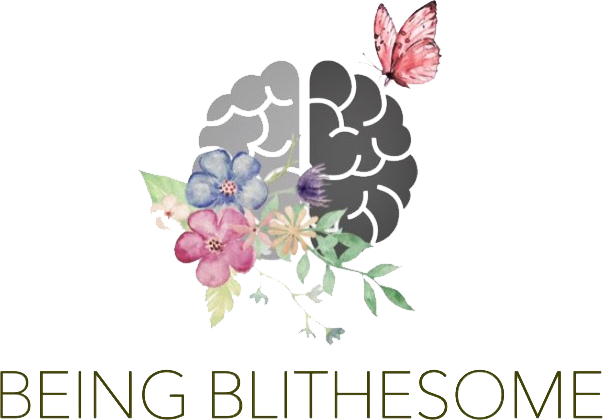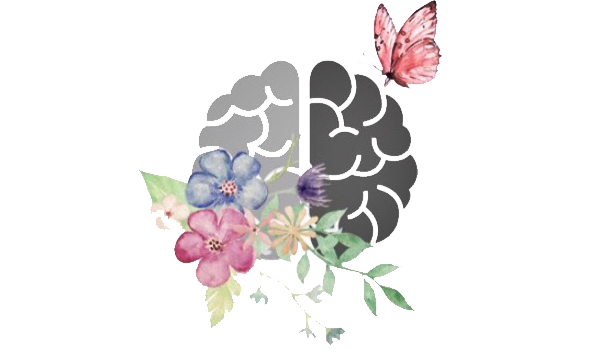Relationships counseling, is often viewed as only a “couple’s thing.” But the thing is that relationship counseling is a service suited to handle different relationships such as friendships, work relationships, family relationships, and not just limited to romantic relationships.
It benefits touch on three key areas of any relationship; which are: –
- Improving communication
- Revitalization of emotional connection
- Re-negotiating commitments
Everyone can benefit from relationship counseling if each partner is willing to do the ‘work’ to address interpersonal problems leading to a happier future. Common benefits of relationship counseling:
- improve communication
- enhance relations and strengthen bonds
- build self-esteem
- make you happier
- when dealing with a divorce or discord or even time apart
- negotiate and reestablish commitments, as in personal interests, concerns and / or fears tend to influence an individual’s commitment to the relationship
- mental and physical health
- build a successful family
With support, as well as a willingness to learn about yourself, it is possible to break down old patterns, heal from past hurts, let go of self-limiting behaviors and find ways to connect with others in meaningful ways. While developing an understanding of relationships, learning more about you – your patterns, fears, strengths and weaknesses – is the first step toward finding and maintaining a healthy relationship Who can benefit from relationship counseling?
As the word suggests, relationship counseling is meant for any and every kind of relationship. It can help resolve a current problem, prevent an exacerbation of problems or simply provide a regular “check-up” for a happy relationship that is experiencing a period of transition. What shall be expected from this kind of counseling?
Working with a professional, you’ll learn skills to solidify your relationship, such as:
- Open communication
- Problem-solving
- How to discuss differences rationally
Also, you’ll talk about the goods and bad parts of the relationship as you pinpoint and better understand the sources of the actual conflict.
All in all, sometimes taking the first step by admitting that the relationship needs help is the hardest part. Yet again, most individuals who have tried it in the past find the experience to be insightful and empowering and at times the only way out!


